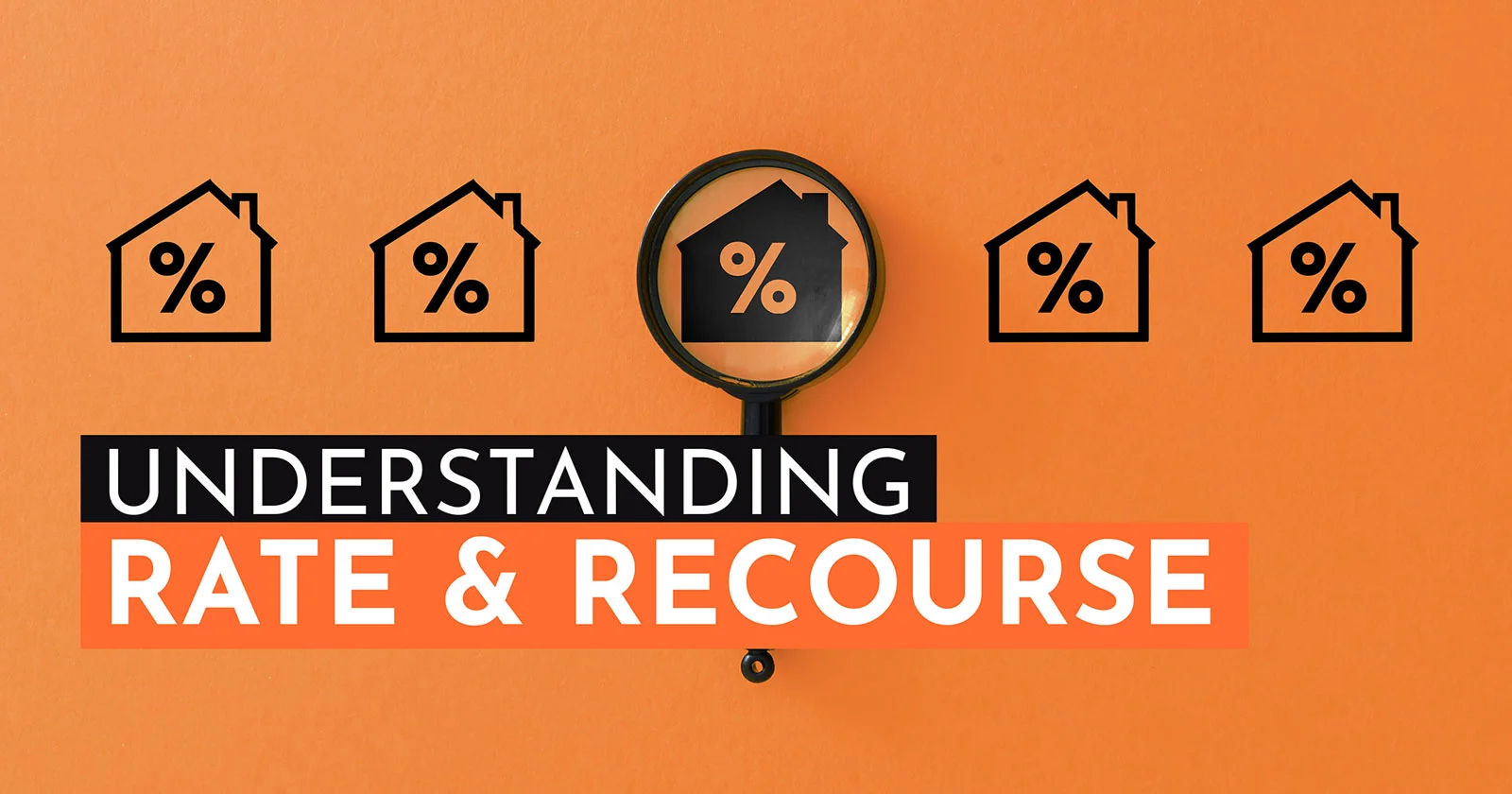In the second half of 2024, home flippers realized a 30.4% return on investment (ROI), with an over $70,000 gross profit. Additionally, fix and flip properties equated for 7.5% of all the homes sold in Q2. With these stats, there’s never been a better time to be a professional flipper. With droves of newcomers entering the flip investment market, understanding how to succeed and grow your home-flipping business is at the top of many people’s minds.
Below, we’ll provide tips for early fix and flip success and break down four ways to expand your business from first-timer to professional flipper:
How Do You Start Flipping Houses?
Every professional house flipper started green behind the ears, lacking the knowledge and understanding of how to become a successful flipper. Early fix and flip prosperity hinges on expanding your industry understanding, researching your markets, and diligently planning.
Understanding How the Fix and Flip Process Works
Before spending a dime, it is critical to understand how the fix and flip process works. This may sound obvious, but the excitement of a flip investment project can often lead first-timers to hastily jump at the first opportunity. More often than not, this approach is a recipe for disaster.
From finding reliable financing and understanding how long it takes to flip a house to creating an exit strategy, and all the essentials in between, grasping the process and intricacies throughout it is a surefire way to better your chances for success.
Study Your Local Real Estate Markets
Ample research into local real estate markets is how professional flippers achieve profitability while avoiding money pitfalls that may end in a teardown. A flip investment property’s location significantly influences its value, demand, and ROI potential.
For beginners, it’s important to do legwork to identify profitable markets with growth and profit potential. Look for cities and towns, like these on the West Coast for example, with:
- Bustling job markets
- Consistent residential growth
- Housing affordability
- Low unemployment rates
By studying various government statistics, real estate market research, and local city economic and development insights, you can pinpoint areas with high ROI potential.
Generate a Business Plan
In life, planning ahead provides direction and facilitates decision-making while reducing uncertainty. In professional house flipping, a plan does all of these things while helping to mitigate the chances of financial despair and bankruptcy!
If you’re serious about becoming a professional flipper, your first few fix and flip projects must reaffirm your strength and ability, both financially and mentally. To do that, you must generate a concrete business plan that considers the risks, costs, and potential decisions along the way.
Your business plan should provide answers to or guidance regarding:
- Your goals
- Market analysis
- Timelines
- Budgets
- Exit strategies
- Financing
By putting pen to paper and thinking through these key aspects of home flipping, you’ll enter the market with a higher level of preparedness and predictability for future obstacles.
3 Ways for Professional Flippers to Expand Their Business
For professional house flippers who have navigated a few successful home flip projects and are looking to level up their business, here are three ways to scale your business and succeed.
1. Expand Your Industry Relationship
Networking in real estate is a formidable tool for growing your business and achieving success at a higher frequency. Even with the strongest business plan, professional flippers operating independently still struggle with maintaining timelines, limiting risks, and avoiding unforeseen challenges. These challenges duplicate when attempting to take on more projects.
By connecting with and building a fix and flip investment team, you can:
- Access more opportunities
- Establish and build your own investor brand
- Gain greater industry knowledge and insights
- Mitigate risks and unforeseen obstacles
- Ensure any unanticipated fixes are handled in a timely and cost-effective manner
Experienced flippers typically have several industry professionals on their team to lend their expertise and skills, including:
- Real estate agents
- Home inspectors
- Contractors
- Private lenders
2. Expand Your Boundaries
Even with the best strategies to stand out in a competitive housing market, it can be difficult to adequately grow a business in a singular location. Whether you’re a short- or long-term investor, investing out of state can help you:
- Yield higher ROIs
- Achieve portfolio growth and diversification
- Gain access to more investment and networking opportunities
Best of all, expanding geographic locations generates avenues for professional flippers to reach more affordable and profitable markets. For instance, home flippers in Delaware averaged a gross profit of $79,030 in 2023–not bad. However, their neighboring state to the North, Pennsylvania, realized an average gross profit of $112,123 in the same year!
By expanding your borders, you expand your business growth and profit potential.
3. Find a Reliable & Flexible Private Lender
A key element to home flipping and flip investment business growth is financing. Traditional lenders, like banks and credit unions, typically lend to borrowers who intend to occupy the home they are purchasing. These loans are also highly regulated with strict guidelines and governmental and institutional oversight. This makes traditional consumer mortgage loan processes extremely long and difficult for investors.
That is why most professional flippers rely on business purpose loans through private lenders for their fix and flip projects. The private lending market is less regulated, giving brokers the flexibility and speed to help real estate investors succeed in a competitive flipping market.
With less oversight and more agility, private lenders can provide professional home flippers with:
- Flexible terms
- Fast approval times
- More control over the sales prices
- More investment options
- No pre-payment penalties
Most importantly, rather than obsessing over credit scores and down payments, private lenders take Loan-to-Value (LTV), Loan-to-Cost (LTC), and After-Repair-Value (ARV) into consideration when determining eligibility. This gives private brokers more avenues to say “yes” to borrowers without relying heavily on credit score or personal income.
In the end, there are no bolt-on solutions for professional flippers. What may work for one home flipper will not necessarily work for another.
By growing your business relationships, expanding your boundaries, and finding a reliable and flexible private lender, you create avenues to grow your business and level up to a professional flipper. However, it’s up to you to do your due diligence, plan, and make decisions that are in the best interest of you and your business.
CIVIC: Helping Fix and Flip Investors to Level Up
CIVIC offers the most reliable short-term fix and flip financing options for professional home flippers looking to expand their business. With flexible lending options and brokers across forty-four U.S. states, our team provides the reach and speed to win properties and grow margins.
Our Fix and Flip financing provides:
- Flexible short-term options
- Coverage of up to 100% of renovation expenses
- Extensive rehab financing for larger fix and flip projects
- Options for new flippers
CIVIC’s fast and flexible loan approval processes will get you the funding you need to level up and grow as a professional flipper. CLICK HERE to schedule a FREE consultation with a CIVIC team member today!




